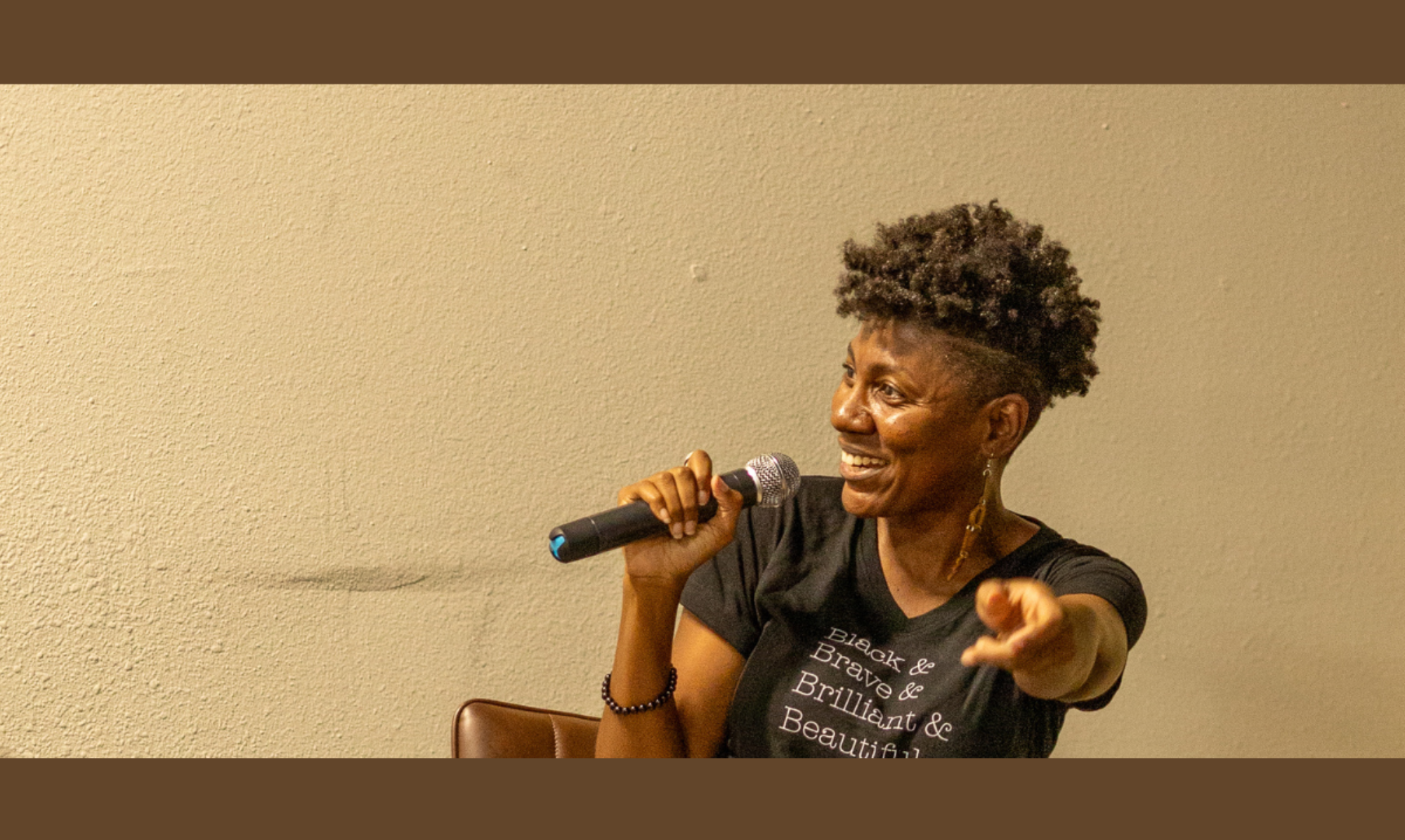Deep breath. I’ve procrastinated on this one while I cultivate the courage to write it. Yes, I want to talk about colorism. As I type this around 11:11 pm, I’m sending my mom the following text message:
“It helps to talk about it. I’ve kept a lot of pain to myself throughout my life and that silence hasn’t helped the pain go away. Talking about it validates [my experience and] validates how I feel.”
I know what you might be thinking. I shouldn’t be seeking “external” validation, right? That’s easy to say at the intellectual level, when we’re removing ourselves from the situation. However, when dealing with chronic pain rooted in childhood memories, when in the midst of a deeply hurtful condition, it’s nice to know we’re not crazy, not making things up, not projecting, not being “too sensitive,” not imagining things. We’re human. We need connection with other humans. That requires a level of human empathy. We don’t have to achieve this with everyone, but at various points in our lives we need it.
Honestly, if you’ve ever brushed your teeth, combed your hair, ironed your clothes, made sure your outfit matched, applied for a job, held down a job, earned money, spent money, agreed that the sky is blue and the grass is green, opened your mouth to communicate, raised your hand in a classroom or audience, felt offended, held a door open for someone, had a boyfriend or girlfriend, or used a telephone, you were using/seeking/giving external validation. Validation is such an indispensable part of our existence that it’s an unconscious operation, which is why some of us are delusional/self-righteous enough to think we’re above it.
The key is understanding that we don’t need validation for everything or from everyone. We need balance.
Back to the text message I sent, the act of communicating is also a sign of selfvalidation. We often remain silent because we’re unsure [of] ourselves. Either way, we need validation from ourselves and sometimes from others, and we need to break the silence.
The validation debate relates to an earlier post: 5 Reasons I haven’t Said Much About Colorism… Yet. Here are two of those reasons paraphrased:
-
- People often have the attitude that “If you love yourself, you wouldn’t make it an issue.” I didn’t want to be perceived as not loving myself, so I kept quiet.
- People often use cliché affirmations as a way of dismissing the issue, such as “You have to know you’re beautiful no matter what anyone else thinks.”
These attitudes are an acceptance of the status quo. They are not used to ease painful realities, they’re used to avoid them all together.
So why will I talk about colorism now? I’m writing this because:
1) I’m tired of being afraid to shout, “Ouch! That hurts.”
Humans are hardwired to feel pain. Pain is either a sign that something is wrong or that something is growing and stretching. Anyone who denies their pain denies their humanity and will probably stay in pain. Let’s not remain in pain.
2) We need to “call people on their stuff.”
Iyanla Vanzant insisted on this at the Essence Music Festival. So I’m calling the black community out on its colorism. It’s not every individual, but it’s way too many. Whether we show colorism intentionally or not, consciously or not, we need to stop sooner than later.
3) Some young person might need a framework and context for their experience other than, “You’re wrong to even feel that way.”
I’m not saying my framework is the only framework that works, but it’s more than I had growing up. I had to seek and construct one for myself, piecing together ancient ancestor wisdom. I just want to offer what took me too long to find, so that some child can have peace and joy sooner than I did. Perhaps they won’t ever have to lose the peace and joy in the first place.
4) More than just dark-skinned people can benefit from this type of discussion.
Pain knows no color, empowerment is contagious, and courage can improve anyone’s life. When light-skinned people better understand colorism, they can better understand the dynamics of their everyday interactions. We talk about white privilege, but there’s also light skin privilege. I also know that some black girls take out their anger on other black girls. As Angela Davis says in her autobiography: “It hurt to see us folding in on ourselves, using ourselves as whipping posts because we did not yet know how to struggle against the real cause of our misery.” (This quote inspired one of my best poems.)
5) Colorism is more than who’s pretty and who’s not.
Colorism also judges the overall value of an individual to the point that dark-skinned people are perceived as “bad,” less intelligent, less talented, less professional, more dangerous, etc. (Read Queen Sheba’s story.) Thus the consequences are more severe than they appear on the surface. Researchers have done several studies on the tangible effects of colorism, such as colorism in the “justice” system. It amounts to more than just hurt feelings, although feelings are valid enough.
So, let’s speak up. Let’s talk about it. What do you have to say?
